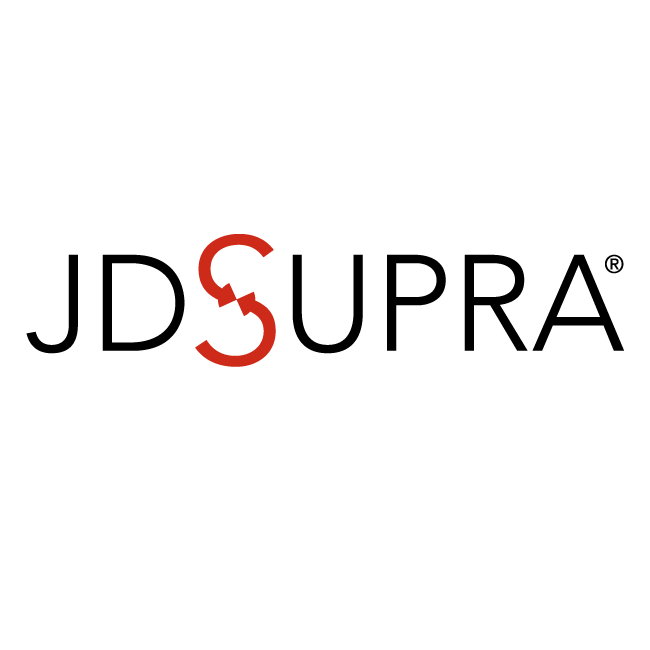





The third quarter reporting season is underway, with companies publishing their financial statements and providing guidance for Q4. As calendar-year companies prepare for upcoming quarterly reports, there are several updates and reminders to consider [de0e4781].
Companies should review and update risk factors related to cybersecurity, U.S. political developments, artificial intelligence, climate change, economic uncertainties, international conflicts, and developments in China. It is important to avoid presenting risks as hypothetical when a material adverse event has occurred and to include a summary if the risk factors section exceeds 15 pages. Additionally, companies should be cautious about 'AI Washing' and carefully review and document AI disclosures to avoid unsubstantiated claims [de0e4781].
In terms of share repurchase disclosures, the Fifth Circuit denied the SEC's request for additional time to substantiate new stock repurchase disclosure rules, resulting in a reversion to the prior disclosure requirements. Calendar fiscal year end filers should also provide quarterly disclosure about Rule 10b5-1 trading plans. It is important for companies to remind insiders of relevant disclosure obligations and refresh controls and policies to identify and track perquisites and related person transactions. Furthermore, if a company is holding a say-when-on-pay vote, disclosure of the decision on how frequently the vote will take place is required. Companies with a calendar year end should also conduct their public float calculation as of June 30, 2024, to determine their filing status for next year. Lastly, there are several upcoming deadlines to be aware of, including climate disclosure rules, revised Schedule 13G filing deadlines, compliance dates for structured data requirements for Schedules 13D and 13G, annual insider trading policy disclosures, and new equity grant policy disclosures [de0e4781].
The U.S. Supreme Court held in Macquarie Infrastructure Corp. v. Moab Partners, L.P. that 'pure omissions' made in required disclosures do not support liability under Rule 10b-5. The court's unanimous opinion, authored by Justice Sonia Sotomayor, was issued on April 12, 2024 [3abddae8].
The SEC provided guidance on the disclosure of key performance indicators and metrics used in the Management's Discussion and Analysis (MD&A) on January 30, 2020. The guidance, known as MD&A Guidance, addresses the disclosure of non-GAAP financial measures and other performance metrics [3abddae8].
Additionally, the SEC adopted changes to Regulation S-K in May 2019, allowing registrants to omit discussion of the third year in MD&A sections [3abddae8].
The stock market is assessing each company's overall health amidst geopolitical events and signals of higher interest rates. The S&P 500 entered correction territory, with share prices of major companies dropping after quarterly announcements. The performance of the index is influenced by mega-cap companies like Amazon, Apple, Alphabet, Meta, Microsoft, Nvidia, and Tesla. The S&P 500's performance is more modest when calculated with equal weighting for each company. In Malta, companies listed on the MSE are only required to publish financial statements semi-annually. APS Bank, HSBC Bank Malta, Bank of Valletta, and Malta International Airport are among the companies reporting their financial performance. The Maltese market has seen increased activity in the corporate bond market, with new offerings by AX Group, International Hotel Investments, and APS Bank. The excess liquidity in the Maltese banking system is likely to support new issuance activity. The interest rate environment remains a dominant factor in financial markets, with the bear market in bonds potentially reaching its final stage. Bond prices are expected to recover when there is evidence of concrete interest rate cuts in the US and Europe. [07725f56]
Roger Montgomery joined ABC's The Business to discuss the challenges and strategies for Corporate Australia during the upcoming reporting season. He highlighted the effect of escalated competition on net interest margins in the banking sector, particularly focusing on Commonwealth Bank. He expressed concerns about China's economic downturn and its impact on reducing demand for resources, leading to lower commodity prices. Companies may adopt more conservative dividend policies and scale back on project investments. If dividends remain consistent with last year's levels, it would be a positive sign for investors. [36e488b9]
Shaw and Partners Chief Investment Office Martin Crabb provided a market update, discussing the leading indicators for equity markets, financial conditions, and central banks. The leading indicators show that global economies are slowing at a slower pace. Financial conditions have been tightening but are starting to relax, with credit spreads and fixed rate mortgages decreasing. Central banks are not expected to tighten rates further. Valuations remain elevated, particularly for a small number of stocks, but there is still valuation appeal in smaller companies. The reporting season in Australia showed good results, but the outlook for businesses is deteriorating. Small caps have underperformed large caps, but there is potential for a valuation gap to occur through M&A activity. Shaw and Partners is overweight equities and short duration fixed income in their portfolios. [d7bf4392]
The U.S. economy grew at a rate of 1.6% in the first quarter of 2024, a slowdown from the previous quarter. Hart-Scott-Rodino (HSR) transaction activities fluctuated over the past year, peaking at 204 transactions in November 2023 and dropping to 136 in March 2024. The interplay between economic performance and transaction trends provides insights for cybersecurity, information governance, and eDiscovery professionals. Inflationary pressures persisted, with the Gross Domestic Purchases Price Index increasing to 3.1% and the Personal Consumption Expenditures (PCE) Price Index rising to 3.4%. GDP in current dollars increased by 4.8% to $28.28 trillion. The past 12 months saw significant fluctuations in HSR transaction volumes, with a peak of 204 transactions in November 2023 and a low of 120 transactions in April 2023. Cybersecurity considerations include increased transaction volumes and security needs, compliance with data protection laws, and sector-specific security requirements. Information governance implications involve data volume and management, post-transaction integration of information systems, and long-term data strategy. eDiscovery developments include increased litigation and investigation potential, leveraging advanced technologies, and navigating international complexities. Professionals in cybersecurity, information governance, and eDiscovery should stay agile, invest in technology, and adopt collaborative approaches. Economic indicators, merger regulations, and sector-specific dynamics will continue to shape M&A activities. The article provides transaction charts and highlights the need for continuous learning, investment in technology, and collaborative approaches. [e6d82023]